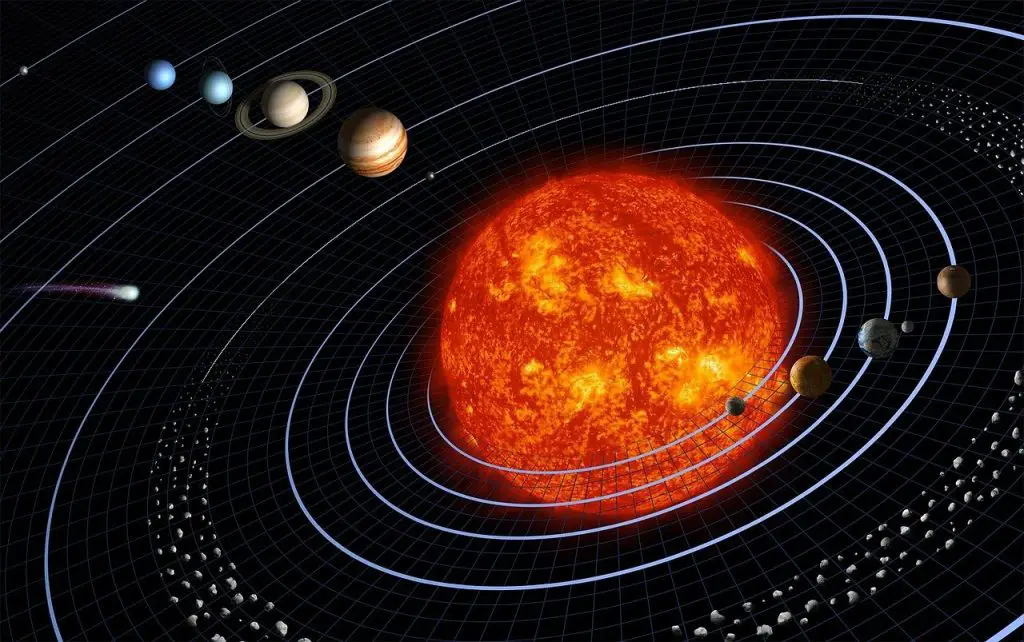On the evening of Dec. 11, one of the rarest astronomical events will occur. This event will feature an asteroid passing in front of the puzzling red star Betelgeuse. The space rock will eclipse the red star from our vantage point on Earth. Astronomers reveal that the asteroid will block the star from our view for about 15 seconds during this event referred to as occultation.
The asteroid that will be causing this eclipse is 319 Leona. It resides in the main belt region orbiting the sun between Mars and Jupiter. Astronomers studied it closely and revealed that the asteroid is shaped like an egg. 319 Leona is about 50 by 34 miles (80 by 55 kilometers) in size.
This type of astronomical event hardly occurs to a bright popular star like Betelgeuse. Hence, astronomers call it “an extraordinary and unique opportunity” to observe Betelgeuse’s photosphere. Note that the photosphere is the red star’s visible layer through which it discharges most of its entire energy.
Why Astronomers want to Study the Red Star Betelgeuse
Astronomers have been fascinated with the existence of Betelgeuse as it remains one of the largest known stars and also one of the brightest stars in our night sky. The red star creates the left shoulder of the Orion constellation and remains unique because of its fascinating red color.
Astronomers have been observing the red star Betelgeuse for years now. Some scientists think that we could witness the star explode into a supernova in our lifetime. However, others suggest that Betelgeuse will remain active for tens of thousands to hundreds of thousands of years before going supernova.
While scientists share different opinions about Betelgeuse, they are all interested in learning more about the red star. The good news is that the forthcoming eclipse will enable them to get a better view of the red star.
They will also learn about its photosphere during the Dec. 11 occultation. Let’s hope that the knowledge that astronomers will learn during this forthcoming eclipse will improve our understanding of the red star Betelgeuse.




